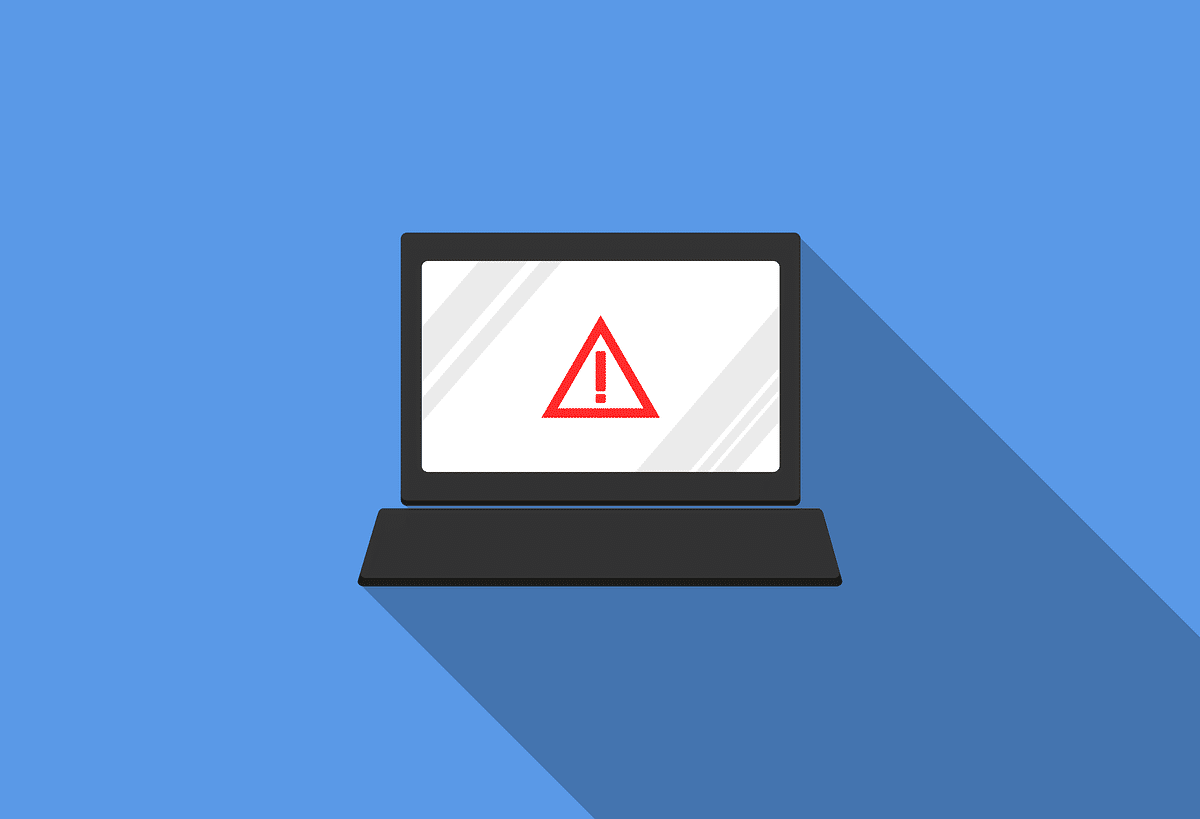Why it’s important to manage your data risks
It is important for organisations to manage their data risks for several reasons.
Overlooking this process can have severe and costly implications:
- Damage to your reputation could impact sales, share value and potential leads.
- Financial penalties and additional legal fees could be incurred if found to be in breach of laws or regulations.
- Resolving an issue or replacing/repairing damaged infrastructure after a cyber attack can be costly.
- And as a result, loss in overall productivity in turn effecting revenue.
Data risks lead to data breaches therefore by adopting a fool proof data risk management strategy as early as possible, the less organisations stand to lose.
What are the potential data risks?
Anything which threatens the security or quality of data is considered a risk. Some examples include:
Compliance Failures
There are numerous penalties for failing to comply with data laws. Regulatory compliance failures can lead to huge fines, hefty legal bills, damage to reputation and above all are a huge data risk. As more guidelines are imposed on business, many organisations are struggling to keep up and often find themselves in dangerous situations in turn generating stricter rules.
Corrupt Data
Data corruption is a risk to organisations because it costs money. Corrupted data can occur in many ways, through data breaches, issues with database or human error. These costs can be related to recovering the data or can be a damaging loss of time, productivity and repairing a brands image.
Data Remanence
Data remanence is data that may still be recoverable even after it is deleted. It is residual representations of data that remain after deleting files or reformatting data storage devices. It’s common for organisations to replace or reformat their technology/processes and the assumption is that the available data was erased along with it. However, this is not the case if the correct protocols are not followed. Many organisations will take extra measures to destroy remanence of data such as degaussing or physical destruction of the device to reduce the risk of sensitive information being exposed.
Storage Device Issues
Another overlooked risk surrounds problems with storage devices that hold an organisations data. This can be either be in the form of a malware attack or a technical issue that causes the storage device to fail. This risk is at its worst when businesses don’t have sufficient back-ups in place and are at risk of losing large amounts of data at once.
Vendor Lock-In
This can also be known as your data being held hostage. Essentially, this is where your current data storage provider makes it very difficult to transfer your data by incurring charges unfeasible to pay to move your data to another provider. Effectively making it impossible to move away.
Dark Data
This is when an organisation is collecting and storing data they do not use which poses a few risks. By storing this type of data, many businesses are in breach of GDPR regulations and other compliance issues without knowing it. Additionally, the more of this kind of data stored, the more data available for an attack and the more there is to protect therefore, it is very important the right procedures are put in place to avoid these risks.
Now we have identified the data risks and the importance of managing them read the last in our blog series ‘Best Practices‘
Nine23 are your trusted partner, we are here to help you from start to finish and it is our mission to deliver complete, secure IT solutions to enable the end-users in today’s workplace.
We have consistently achieved the highest levels of accreditation (ISO 9001, 27001, ISO/IEC 20000) from national bodies to provide confidence that the systems we develop can be used at highly classified levels of cyber security (OFFICIAL-Sensitive or Sensitive).
To start your Cyber Security journey with us please fill in the contact form or call us on 023 8202 0300.



